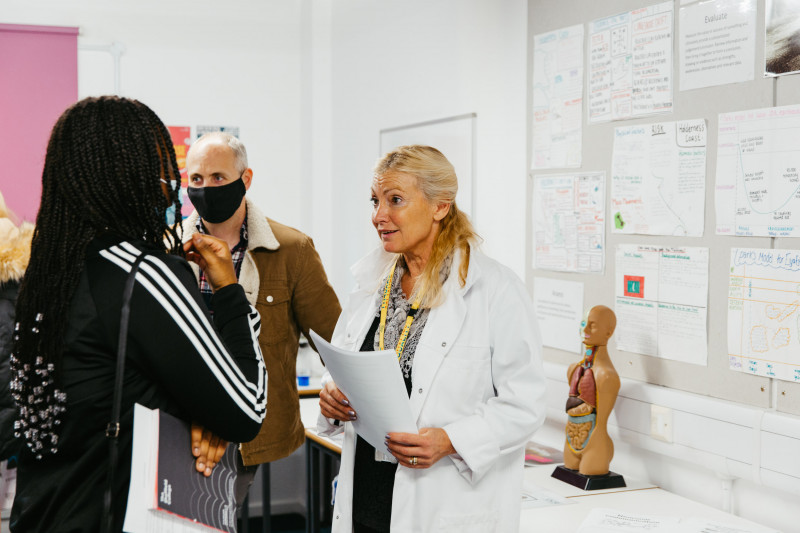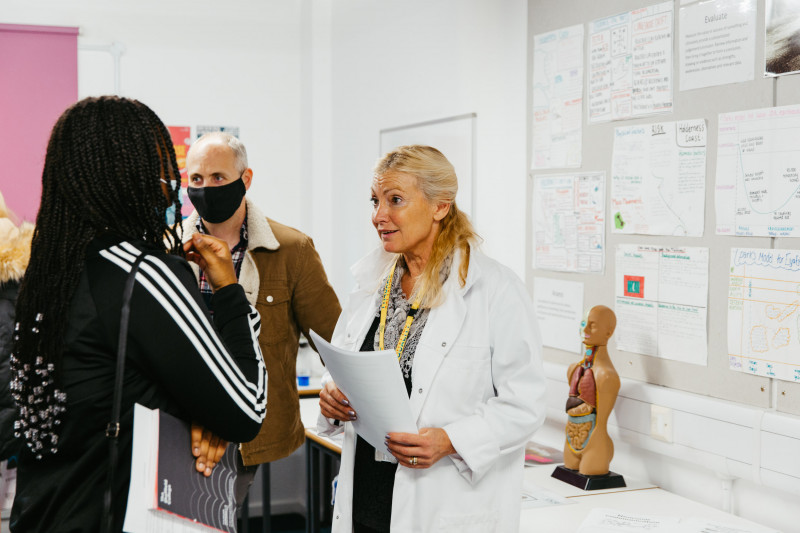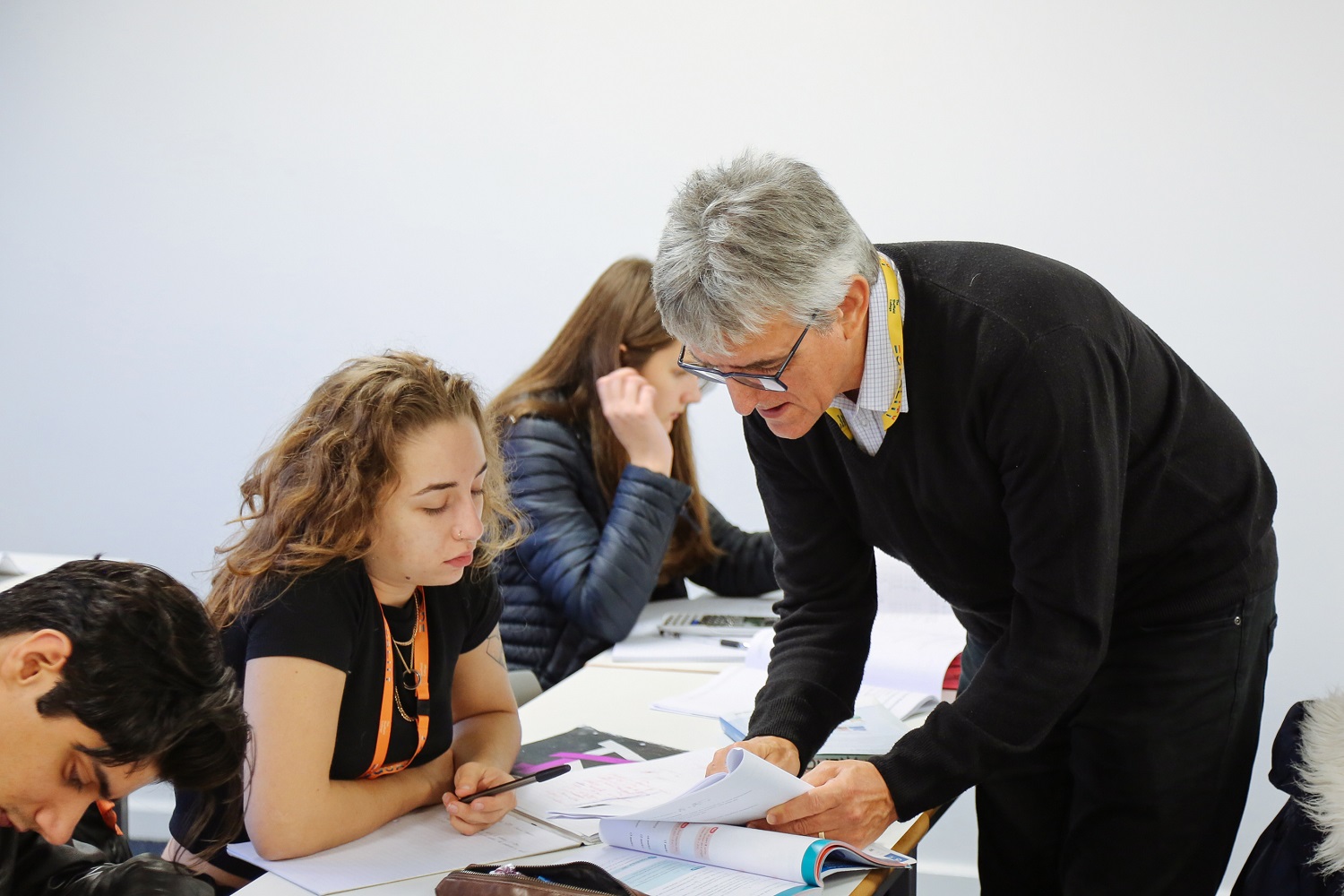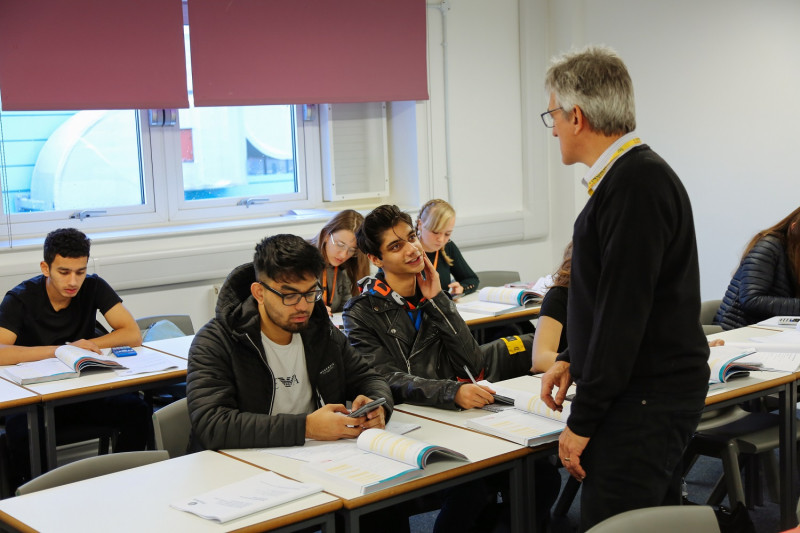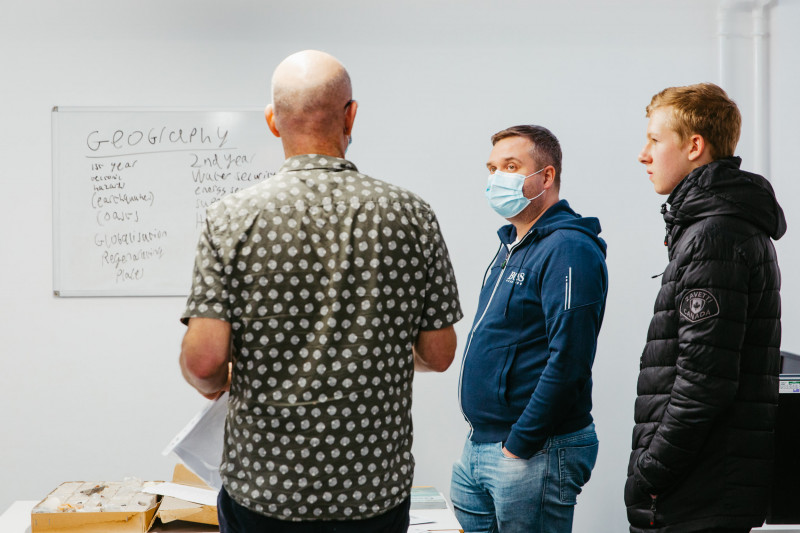About the Course
The Level 3 Applied Science Diploma is designed as a two-year, full-time qualification that meets entry requirements in its own right for learners who want to progress to higher education courses in the applied science sector before entering employment. The qualification carries UCAS Tariff points equivalent to 2 A Levels. The Applied Science course covers many topics that are science based including laboratory work, medicine, forensics, environmental and the fundamental biological, chemical and physical sciences.
Key Units
You will cover eight units, six of which are mandatory.
Core units include:
Optional modules cover such topics as:
Delivery of the qualification will be through a mixture of theory and practical sessions.
Unit 1: Principles and Applications of Science I (GLH:90)
This unit covers some of the key science concepts in biology, chemistry and physics. The topic areas covered in this unit include: animal and plant cells; tissues; atomic structure and bonding; chemical and physical properties of substances related to their uses; waves and their application in communications.
This unit is assessed through an examination worth 90 marks with a total time of two hours, undertaken in three timed sessions of 40 minutes for each of Biology, Chemistry and Physics. Pearson (exam board) sets and marks the task.
Unit 2: Practical Scientific Procedures and Techniques (GLH:90)
Learners will be introduced to quantitative laboratory techniques, calibration, chromatography, calorimetry and laboratory safety, which are relevant to the chemical and life science industries.
This unit is assessed by four summative assignments - three are related to practical work and one assignment requires you to reflect on your skills development.
Unit 3: Science Investigation Skills (GLH:120)
Learners will cover the stages involved and the skills needed in planning a scientific investigation: how to record, interpret, draw scientific conclusions and evaluate. This unit will be assessed through a written task (Part B) worth 60 marks that is set and marked by Pearson. The assessment task will assess learners’ ability to plan, record, process, analyse and evaluate scientific findings, using primary and secondary information/data. In order to complete the written task in Part B, learners will need to obtain results/observations from the practical investigation in Part A.
Unit 4: Laboratory Techniques and their Application (GLH:90)
This unit covers the importance of health and safety in workplace laboratories, how data is stored and communicated and how organic liquids and solids are made and tested industrially.
This unit is assessed by four summative assignments - two are related to practical work, one is related to health and safety and one is related to communication.
Unit 5: Principles and Applications of Science II (GLH:120)
This unit builds on and extends the range of key science concepts in biology, chemistry and physics that were covered in Unit 1: Principles and Applications of Science I.
This unit is assessed through an examination worth 120 marks with a total time of 2.5 hours, undertaken in three timed sessions of 50 minutes for each of Biology, Chemistry and Physics. Pearson sets and marks the task.
Unit 6: Investigative Project (GLH:90)
This unit enables learners to gain an understanding and the skills required to undertake an investigative project. In agreement with your tutor you will choose one topic area that interests you and this will form the basis of your investigative project.
This unit is assessed through two assignments. One relates to you carrying out a scientific literature search and review, considering the project’s aims and objectives, and then producing a realistic plan. The second assignment relates to you carrying out the project safely using your scientific investigation skills, project management skills and what you have learnt from the other units and submitting an evaluative report that will consider the project outcomes and suggest amendments that may have improved those outcomes.
Unit 8: Physiology of Human Body Systems (GLH:60)
Learners will focus on the physiological make up of three human body systems (musculoskeletal, lymphatic and digestive), how the systems function and what occurs during dysfunction
This unit is assessed by three summative research assignments - one related to the musculoskeletal system, one to the lymphatic system and one to the digestive system.
Unit 23: Forensic Evidence, Collection and Analysis (GLH:60)
This unit covers techniques used in the collection, analysis and reporting of biological, chemical and physical evidence during forensic investigations.
This unit is assessed by three summative research assignments - one relates to the gathering of forensic evidence, one to the investigation of a simulated crime scene using forensic procedures and a one related to the analysis of physical, chemical and biological evidence.
Entry Requirements
4 GCSEs at Grade 4 or above (or acceptable alternatives). Two of these must include English Language, Maths or Double Science.
Assessment
Three units are assessed by external examination.
The other units are assessed by coursework in which you will complete a series of assignments and practical reports.
You will also carry out independent research. Some aspects of the coursework will require you to carry out a practical task in lesson as part of this. For more details see unit information.
Where Does This Lead?
This qualification carries UCAS points and is recognised by higher education providers as contributing to meeting admission requirements for many courses. It will support entry to many higher education courses, depending on the other qualifications learners have taken. Learners should always check the entry requirements for degree programmes with specific higher education providers. The qualification can also support progression to employment directly or via an Apprenticeship.
Future Opportunities
Career opportunities include:
Quality control technician/analyst
Medical physics technician
Working in a research laboratory in the development of new drugs
Working with the forensic science service
Using analytical skills in the chemistry industry
Working for a scientific magazine or journal
Editing and proofreading articles on issues such as applications and implications of new scientific discoveries and developments
Tell Me More
If you want to study or work in science, get practical experience and knowledge of working in a laboratory and out in the field then this qualification is perfect for you!
